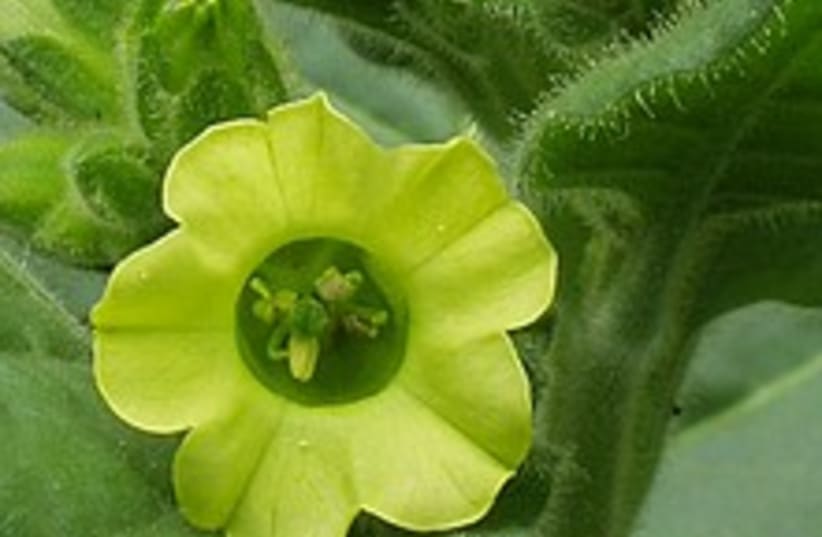Medicago said it dosed the first healthy volunteers on Monday in a 180-person study, making it the first vaccine from Canada among the more than 20 experimental coronavirus vaccines being tested in humans.
Experts have cautioned that more than one vaccine may be necessary to combat the COVID-19 pandemic, with drugmakers such as AstraZeneca Plc and Moderna Inc ahead in the race and gearing up to test their vaccine candidates in large trials.
Countries have spent billions to aid the development of safe and effective vaccines and to secure access to them.
Initial doses of Medicago's vaccine could go to the United States and Canada, CEO Bruce Clark told Reuters.
"Our research base is in Canada and we have commercialization in the US, so it seems to be most likely the first countries will be in North America."
Medicago's vaccine is being tested with adjuvants, or vaccine boosters, from GlaxoSmithKline, the world's largest vaccine-maker, and Dynavax Technologies Corp.
Medicago's potential vaccine uses the leaves of a plant from the tobacco family to produce the S-spike protein, one of the three spike proteins of the novel coronavirus.
The company has already used this approach in a flu vaccine that is awaiting Canadian approval.
Medicago, which expects to make about 100 million doses of the vaccine by the end of 2021, is also building a facility in Quebec City, Canada. The facility is expected to be ready by 2023 and make a billion units a year.
The company, headquartered in Quebec City, is privately owned. Philip Morris owns 33% of Medicago and Mitsubishi Tanabe Pharma the remaining stake.
